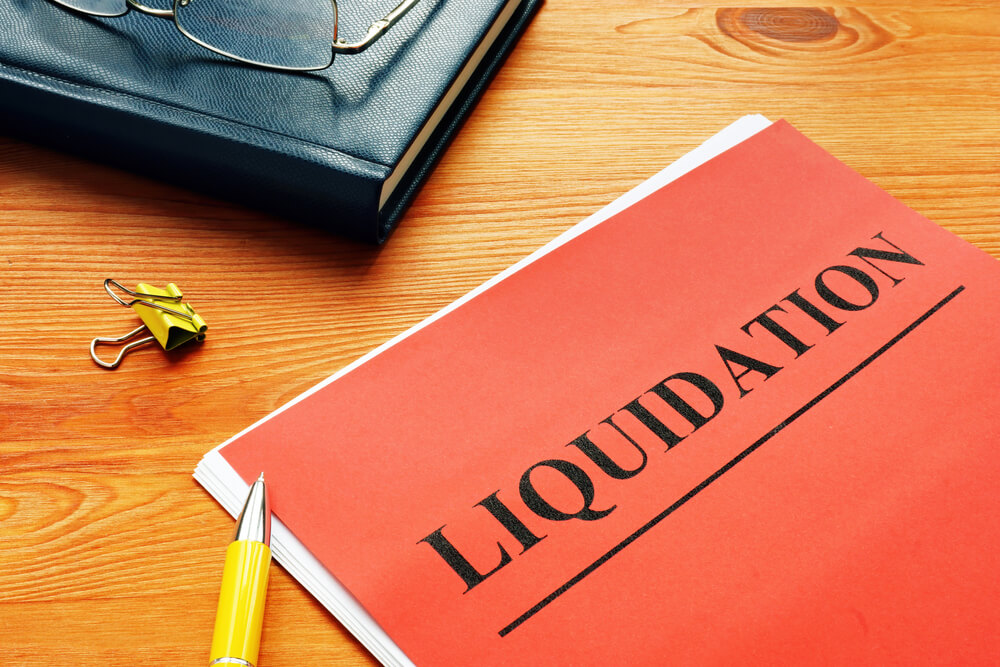Liquidation isn’t a simple procedure, but Creditors Voluntary Liquidation offers transparency and control that could help alleviate the burden of a business’s financial troubles. If the company being unable to pay off an excessive amount of debt, liquidation by creditors might be a viable option to end the business and safeguard the assets against creditors. The company’s directors initiate this process when they realize that their liabilities significantly exceed their assets. In choosing an CVL directors can take charge of the situation, appoint their own liquidators and limit the impact on staff and customers. Creditors’ voluntary liquidation is never an easy decision, however it can give business owners the chance to learn from past financial mistakes.

If a business is no longer able fulfill its financial obligations, liquidation is a necessity to pay off debts that are outstanding and end the business. The process of liquidating companies can be arduous and complicated as it involves the selling of assets to repay creditors. It is crucial to be aware of the procedure of liquidation and to choose a reputable liquidation company to help you.
In the UK there are three types of liquidation which are creditors’ voluntary voluntary, and compulsory. The decision to liquidate is dependent on the specific circumstances of your business and the alternatives available.
The directors and shareholders of a company can decide to liquidate the company on their own if they feel that the business is not viable or no longer trading. This kind of liquidation is typically less expensive and easier than mandatory liquidation, which is initiated by an order of a court.
A creditors’ voluntary Liquidation is a liquidation that can be voluntary and can be initiated by creditors who consider the company is insolvent. This form of liquidation enables the company to pay its creditors in an orderly method, with the assistance of an approved liquidator.
The main goal of a liquidator while liquidating a company is to increase the value of its assets in order to pay off creditors. The liquidator sells the company’s assets company such as inventory, equipment and property and makes use of the proceeds to pay off outstanding obligations. After the creditors are paid the remainder of the funds will be distributed to shareholders.
It is vital to select an organization who has the knowledge and the ability to provide guidance throughout the entire process. Take note of these important aspects when choosing a liquidator.
Expertise and experience: Look for a liquidator firm with an extensive background in the field and a track record of successful liquidations. Choose a company that has an insolvency team that is licensed professionals who are able to provide expert advice and guidance throughout the process.
Transparent pricing: Liquidation can be a costly and complicated process, which is why it’s important to choose a business which has clear pricing, with no hidden fees. Choose a company that offers a list of all costs right up front.
Integrity and Professionalism: Choose a liquidation service that works professionally. Choose a firm that is licensed by the relevant regulatory bodies that adheres to strict ethical standards.
Personalized service: Each company is different, so the liquidation process will vary depending on the circumstances. Choose a firm that offers personalized service and can tailor their approach to meet your particular requirements.
Availability: Liquidation, a stressful process that can take a significant amount of time and effort It is a situation where you’ll require a company who is responsive and available. You should look for a firm that offers 24/7 support as well as assistance and guidance throughout the process of liquidation.
While it may seem like something that is daunting initially, creditors voluntary liquidation is an important process that should be considered if your business is struggling and requires significant aid. Be aware that it isn’t going to save your business in a single day. You must implement proactive measures. It could be necessary to work with an independent insolvency expert, apply cost-saving strategies and look for solutions that are tailored to your needs, and manage any ongoing expenses. There are many options to help your company survive, such as debt relief solutions and restructuring like voluntary liquidation of creditors. All you need is the appropriate team! It is important to get an expert at your side to provide you with honest advice during transitional times. If CVL is a possibility for your business, make sure that you’re well-informed and make a roadmap to achieve success. Financial stability can bring back the confidence and security of your business.
For more information, click uk liquidators
